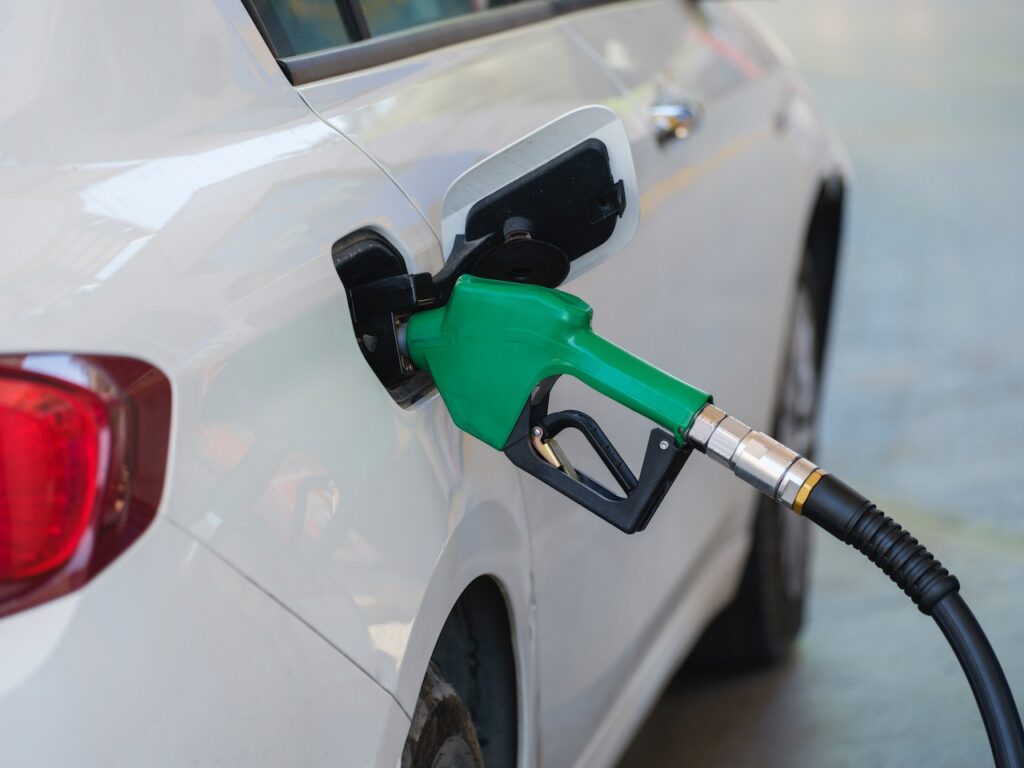E5, E10 Petrol – Is Hydrogen a fuel for the future.
Understanding E5, E10 and Hydrogen fuels. Some advantages and disadvantages:
- Gasoline: more commonly called petrol in the UK, is the most used fuel for vehicles with internal combustion engines. In the UK, E10 and the previous used E5 fuels are ethanol-blended fuels that contain a percentage of ethanol mixed with petrol. The percentage of ethanol may in other Countries may differ from those used in the UK.
E10 fuel contains up to 10% ethanol and 90% gasoline. The UK government has recently introduced E10 fuel as the standard petrol grade at petrol stations across the country, replacing the previous E5 grade. The move to E10 fuel is part of the government’s efforts to reduce carbon emissions and meet climate targets. As ethanol is a renewable fuel that produces lower emissions than traditional petrol it is considered more environmentally friendly.
E5 fuel, contains up to 5% ethanol and 95% gasoline. Still available at some petrol stations in the UK, primarily for use in older vehicles that are not compatible with E10 fuel. E5 fuel can also be used in newer vehicles that are designed to run on E10, although it may have slightly lower octane rating and energy density than E10. This could result in slightly lower engine performance and fuel efficiency.

While E10 fuel has some benefits, there are also some disadvantages to Bear in-mind:
- Fuel Efficiency: Ethanol has a lower energy density than gasoline, which means that vehicles running on E10 fuel may experience slightly lower fuel efficiency. This means that a vehicle may need to consume more fuel to travel the same distance compared to running on pure gasoline.
- Cost: E10 fuel is typically slightly more expensive than pure gasoline, although the difference is usually not significant.
- Compatibility: Not all vehicles are designed to run on E10 fuel. Some older vehicles and small engines may experience issues with fuel system components such as seals and hoses, which could lead to leaks or engine damage. In addition, some manufacturers may not warranty vehicles that are operated on E10 fuel.
- Water Absorption: Ethanol is hygroscopic, which means that it can absorb water from the atmosphere. This can lead to the formation of water in the fuel tank, which can cause corrosion and fuel system damage.
While E10 fuel is considered a more environmentally friendly fuel option, it may not be suitable for all vehicles and may have some drawbacks compared to pure petrol. It is important to check compatibility before using E10 fuel especially if you have an older vehicle.
How about Hydrogen Fuel
Hydrogen fuel is an alternative fuel for vehicles that uses hydrogen gas as a source of energy. Hydrogen fuel cell vehicles are quite rare in the UK at the moment but may gain more interest moving forward. There are only two available vehicles in the UK at the time of writing this. These are the Toyota Mirai and the Hyundai NEXO
Here is some more information about Hydrogen as a vehicle fuel.
- Hydrogen fuel can be produced through various methods, including electrolysis (using electricity to split water into hydrogen and oxygen) and steam methane reforming (extracting hydrogen from natural gas). Other renewable methods, such as biomass gasification or solar-powered electrolysis, can also be used to produce hydrogen.

- In contrast to other electric and combustion engine vehicles, Hydrogen Fuel Cell Vehicles (FCEVs) produce electricity using a fuel cell powered by hydrogen rather than drawing electricity from only a battery. The electricity produced then powers an electric motor to propel the vehicle.
- Advantages of Hydrogen fuel cell vehicles:
- Zero Emissions: Hydrogen fuel cell vehicles emit only water vapour, contributing to improved air quality and reduced greenhouse gas emissions.
- Faster refuelling then an EV as a hydrogen vehicle takes a similar amount of time as refuelling with petrol or diesel.
- Long Range: Hydrogen vehicles can have a longer driving range compared to battery electric vehicles (BEVs). They offer a potential solution for long-distance travel without the need for frequent recharging.
- There are challenges:
- One of the main challenges for hydrogen vehicles is the limited hydrogen refuelling infrastructure.
- Producing hydrogen fuel requires energy and infrastructure, which can be costly and dependent on the availability of renewable or low-carbon hydrogen sources. Additionally, hydrogen needs to be stored and transported under high pressure or in a liquid state, requiring specialized equipment and safety measures.
- The cost of hydrogen fuel cell vehicles and the production of hydrogen are currently higher compared to conventional vehicles and other alternative fuel options. However, costs are expected to decrease as technology advances and economies of scale are achieved.
It’s important to note that the adoption of hydrogen fuel cell vehicles is still in the early stages and currently represents a small portion of the global vehicle market. However, it is seen as a promising alternative to traditional fossil fuel vehicles and a potential solution for decarbonizing transportation in the long term.


